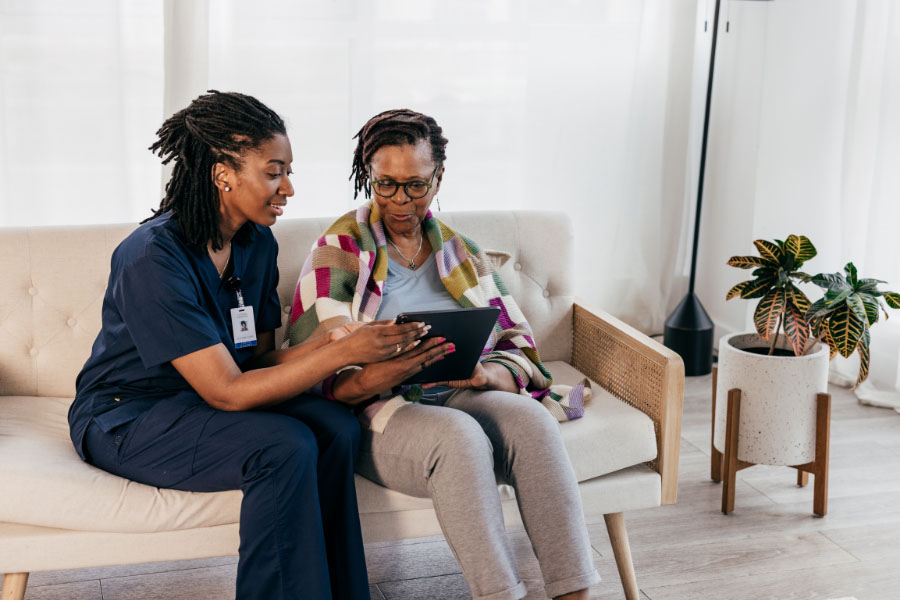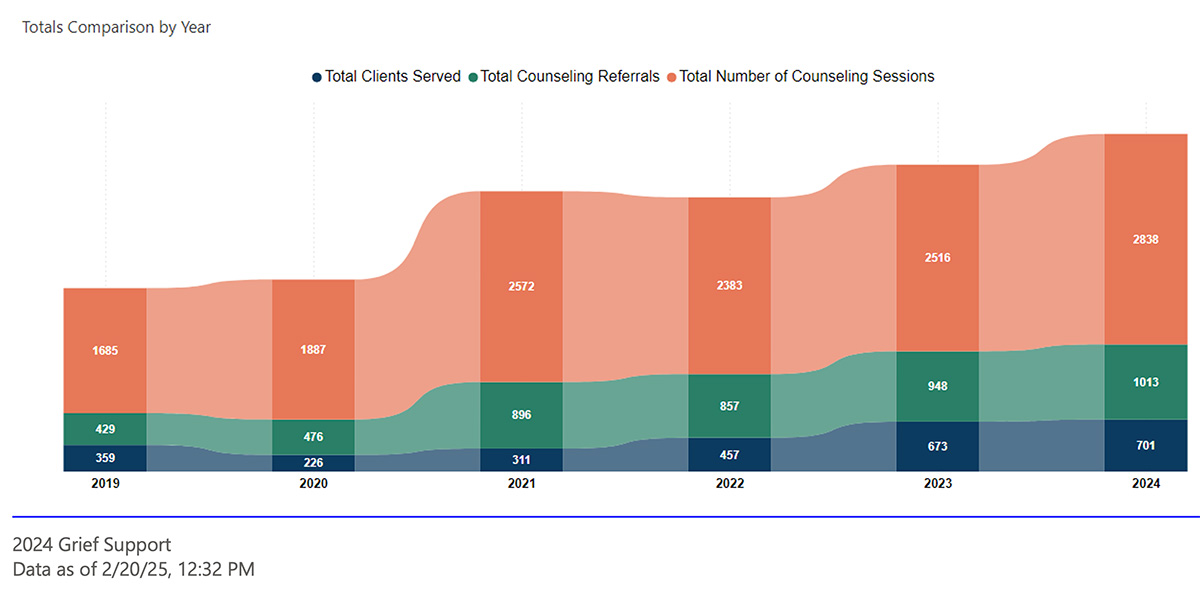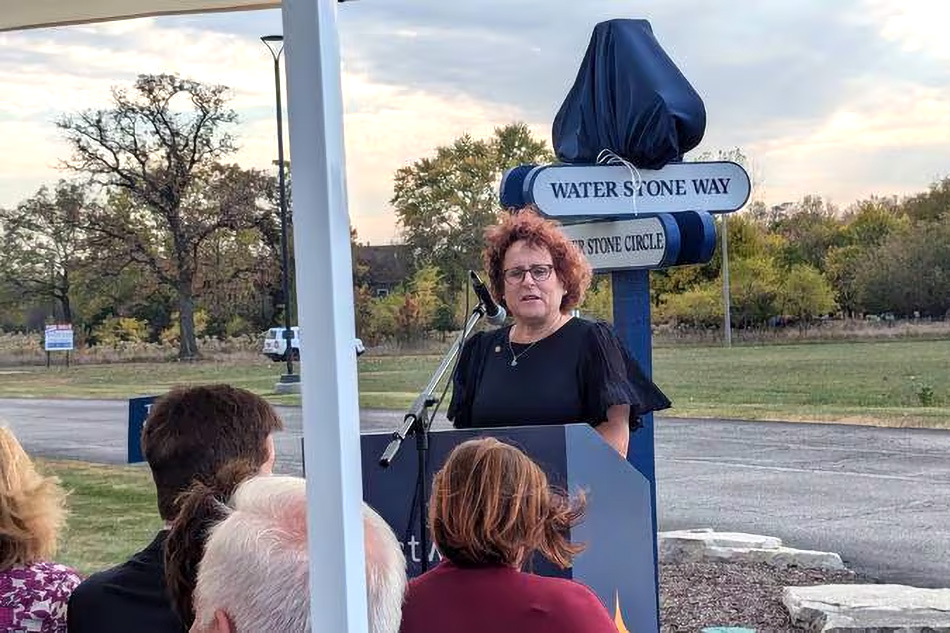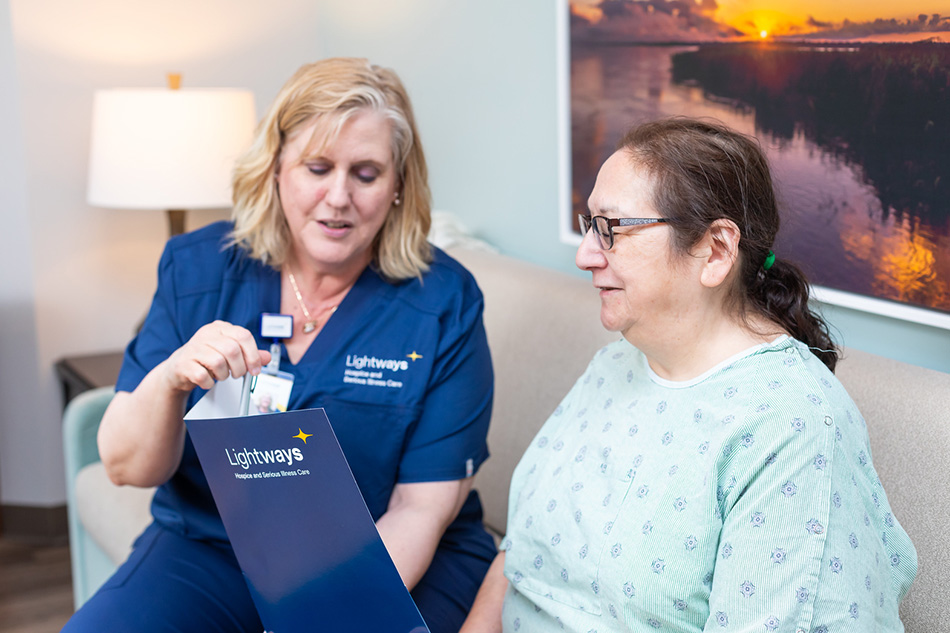When people hear the word chaplain, they often think of religion. But in hospice care, chaplains represent something broader and deeply human: spiritual care—the comfort, connection, and meaning that help patients and families navigate life’s most profound moments.
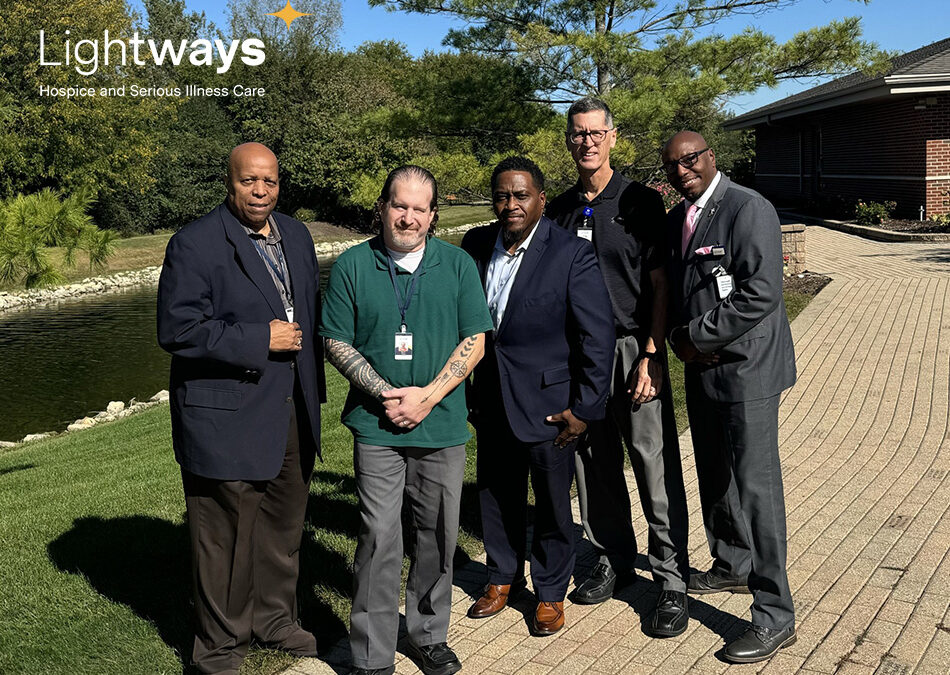
The Heart of Compassion: The Role of Chaplains in Hospice and Palliative Care
The Heart of Compassion: The Role of Chaplains in Hospice and Palliative Care
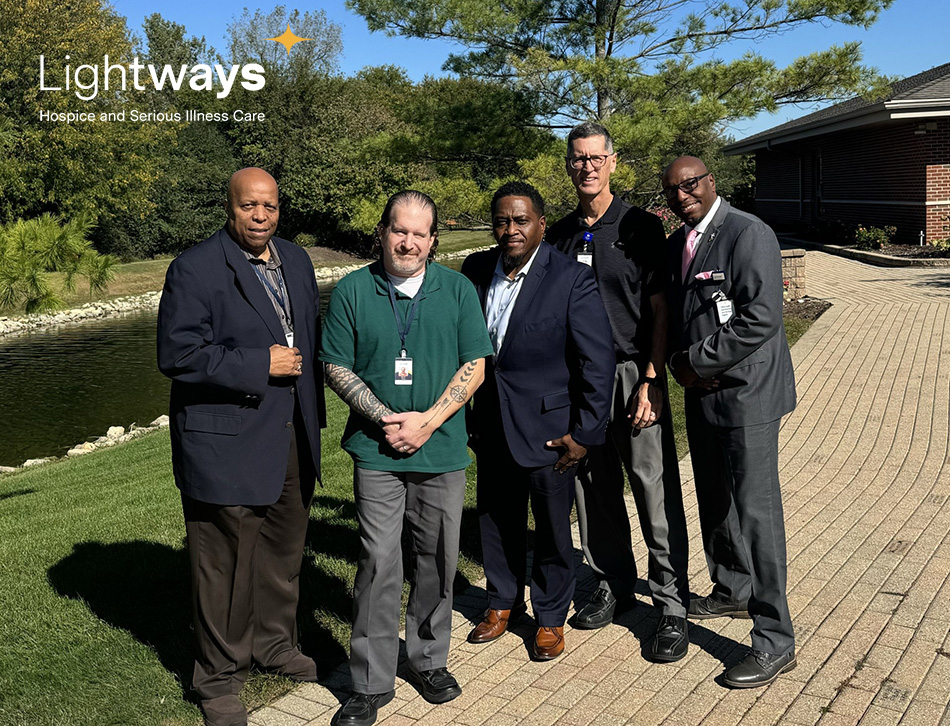
At Lightways Hospice and Serious Illness Care, our chaplains are an essential part of the interdisciplinary care team, supporting patients and families in ways that honor every belief, background, and life story.
More Than Religion—It is About Meaning
Hospice chaplains provide spiritual and emotional care, not just religious guidance. They meet patients exactly where they are, whether that means prayer, reflection, storytelling, or simply quiet presence.
For some, that support comes through familiar faith traditions. For others, it may involve talking about life’s purpose, fears, or legacy. A hospice chaplain’s role is to listen without judgment and to help people find comfort, connection, and peace in whatever gives their life meaning.
Supporting the Whole Family
Serious illness and end-of-life experiences affect more than the patient; they touch everyone who loves them. Chaplains walk alongside families, offering gentle guidance and compassionate listening during times of uncertainty, grief, and transition.
They help families communicate more openly, navigate difficult emotions, and find strength in shared values and memories. Chaplains often lead bedside rituals, coordinate spiritual practices that are meaningful to the family, and provide support after a loved one has died through memorials.
Part of a Team That Cares for the Whole Person
Hospice and palliative care are about more than managing physical symptoms; it is about caring for the whole person: body, mind, and spirit. Chaplains collaborate closely with nurses, social workers, nurses’ aides, integrative therapists, physicians, and volunteers to ensure that spiritual and emotional needs are part of each patient’s care plan.
They often help the team understand what truly matters most to a patient—guiding decisions about care and ensuring that each person’s values and beliefs are respected through every stage of illness.
Bringing Comfort in Every Moment
At the heart of chaplaincy is presence. Other times, it is sitting quietly and listening to a life story. It might be helping a family say goodbye or simply holding space for silence when there are no words. In a life spent doing so much, sometimes simply being is enough. It is sitting with a family during a time of crisis. It is honoring a life story. It is holding space for loved ones to say goodbye on their terms.
No matter the form it takes, chaplain care reminds patients and families that they are not alone—that even in life’s most difficult moments, compassion and connection remain.
A Light in the Journey
At Lightways Hospice and Serious Illness Care, we believe that every person deserves comfort, dignity, and peace. Guided by our belief in the power of spiritual care, our chaplains bring calm and compassion to the bedside, helping families discover meaning, hope, and healing.
Because hospice is not just about how we die, it is about how we live, and the love and support that surround us every step of the way.
For more information, contact Lightways Hospice and Serious Illness Care at 815.740.4104.


